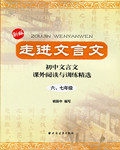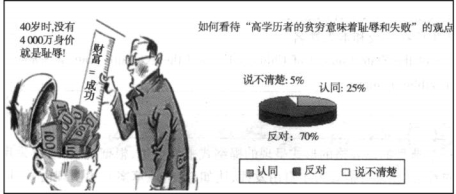题目内容
Not until the man was out of work again going to attend a training class.
A. he considered B. did he consider
C. does he consider D. considers
B
【解析】
试题分析:考查倒装句。Not until位于句子开头用部分到装,根据句意是一般过去时态,故选B
考点:考查倒装句。

练习册系列答案
 字词句篇与同步作文达标系列答案
字词句篇与同步作文达标系列答案 走进文言文系列答案
走进文言文系列答案
相关题目
